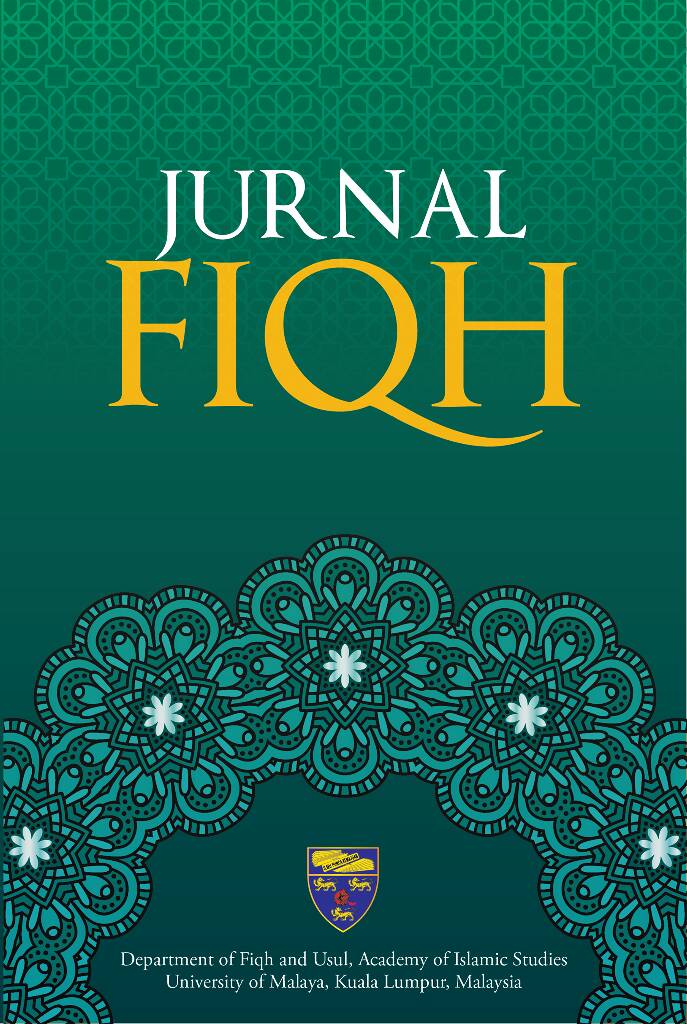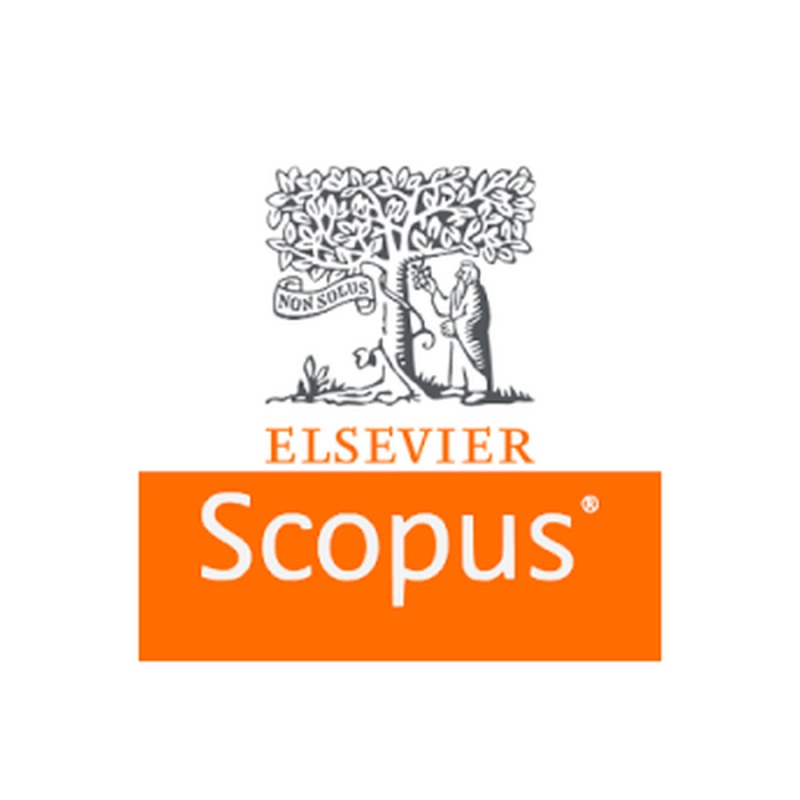التكوين العلمي لابن باديس وأثره التجديدي في مجال التعليم بالجزائر: (1913-1940 )
Educational Background of Ibn Badis and Its Regenerative Impact on the Field of Education in Algeria: (1913-1940)
DOI:
https://doi.org/10.22452/fiqh.vol20no2.2Keywords:
Academic formation, educational materials, methods of education, colonizationAbstract
The research seeks to discover the renewal brought by Ibn Badis to education in Algeria through the study of his personality, academic background, significant scientific achievements both within and outside Algeria, curriculum for education, and teaching methods that he discovered beneficial and efficient for learners. Furthermore, the research intends to shed light on how Ibn Badis overcame the obstacles and challenges caused by French colonization, which denied Algerian citizens access to all types of learning, especially Arabic and Islamic education. The study takes a historical approach by examining a sizable collection of texts and pictures that represent Ibn Badis’s vision for science and education. The research leads to the conclusion that Ibn Badis’s strong scientific foundation which he achieved under the guidance of specialized academics from numerous fields and countries, had a huge impact on improving his abilities and views of the world and increasing his sense of need to refresh and enhance the educational system of his country. Additionally, he set himself apart from his contemporaries and forebears by getting around France’s restrictions through the advantage of legal loopholes to prevent the use of violence, particularly during the planning and construction phases.
Downloads
References
Aḥmad, Ṣ. Albāt al-Bādysy msrh ʻIlm wdn wsāsh, al-Jazāʼir (Algeria: Dār al-Hudā, 2014).
Aqīl, Min Aʻlām al-Daʻwah wa-al-Ḥarakah al-Islāmīyah al- Muʻāṣirah (al-Qāhirah: Dār al-Tawzīʻ wa al-Nashr, 2000).
ʻAzzūz, a.-ʻ. i., “al-Buʻd al-Iṣlāḥī fī al-Khiṭāb al-ʻAqadī ʻinda Ibn Bādīs,” Majallat al-ʻUlūm al-Islāmīyah wa-al-Ḥaḍārah 2 no. 20 (2016).
ʻAzzūz, a.-ʻ. i., “al-Buʻd al-Iṣlāḥī fī al-Khiṭāb al-ʻAqadī ʻinda Ibn Bādīs,” Jāflah, al-Jazāʼir, Majallat al-ʻUlūm al-Islāmīyah wa-al-Ḥaḍārah 2 (2016).
Bādīs, A. a.-Ḥ., Majālis al-Tadhkīr min Kalām al-Ḥakīm al-Khabīr (Algeria: Dār al-Baʻth lil-Ṭibāʻah wa-al-Nashr Qusanṭīnah al-Jazāʼir, 1982). badis, i. (1953, Abrīl 17). p. 226.
Al-Mīlī, Ibn Bādīs wa ʻUrūbat al-Jazāʼir (Algeria: al-Sharikah al-Waṭanīyah li al-Nashr wa al-Tawzīʻ, 1980).
Mujāhid, M., Tārīkh al-Jazāʼir, al-Jazāʼir (Algeria: al-Maktabah al-Waṭanīyah al-Jazāʼirīyah, 1966).
Nabī, M. i., Mudhakkirāt Shāhid ʻalā al-Qarn (Algeria: Dār al- Fikr, 1999).
Al-Najjār, K. Abd al-Ḥamīd ibn Bādīs Rāʼid al-Nahḍah al-ʻIlmīyah wa-al-Iṣlāḥīyah fī al-Jazāʼir (1307h: 1889m-1359h: 1940m) (Algeria: Dar Shihab, 2012).
Rābiḥ, T., Uṣūl al-Tarbiyah wa-al-Taʻlīm (Algeria: Dīwān al- Maṭbūʻāt al-Jazāʼirīyah al-Jazāʼir, 1990).
Al-Shāṭibī, al-Iʻtiṣām (Bayrūt: Dār al-Kutub al-ʻIlmīyah, 1995).
Al-Ṣiddīq, M. a.-Ṣ., al-Imām ʻAbd al-Ḥamīd ibn Bādīs Jihād wa- Mawāqif bi-Aqlām al-Udabā (Algeria: Dār Hūmah, 2014).
Ṣulḥ, M. M., ‘Abd al-Ḥamid ibn Bādīs al-ʻĀlam al-Rabbānī wālzm al-Asāsi (Algeria: Dār Banī mzghnh, 2015).
Al-Ṭālibī, Ārāʼ Abī Bakr al-ʻArabī al-Kalāmīyah (Algeria: al- Ṭibāʻah al-Shaʻbīyah li al-Jaysh, 1988).
Ṭālibī, Ibn Bādīs Ḥayātuhu wa-Āthāruh (Bayrūt: Dār al-Gharb al-Islāmī, 1997).
Turkī, R., al-Shaykh ʻAbd al-Ḥamīd Falsafatuh wa Juhūduhu fī al-Taʻlīm (Algeria: al-Sharikah al-Waṭanīyah li al-Nashr wa al-Tawzī‘, 1969).
Zawah’q, F. z., al-Manhaj al-Taʻlīmī ʻinda Ibn Bādīs (Algeria: al-Jami‘ah Adrar, 2016).











